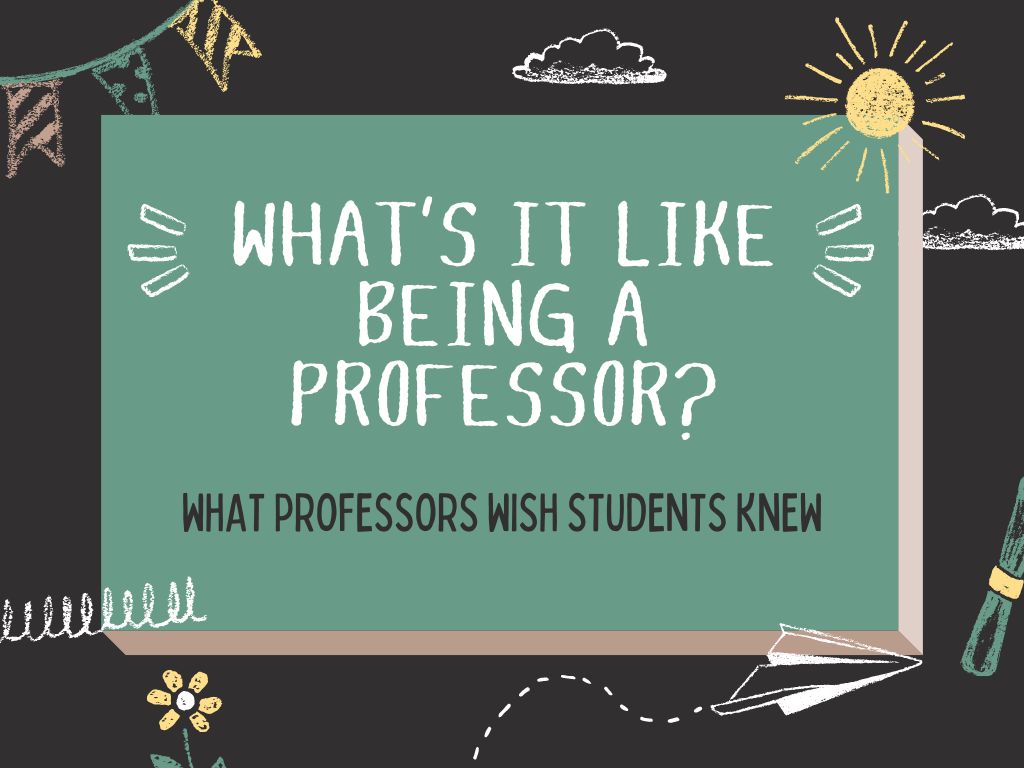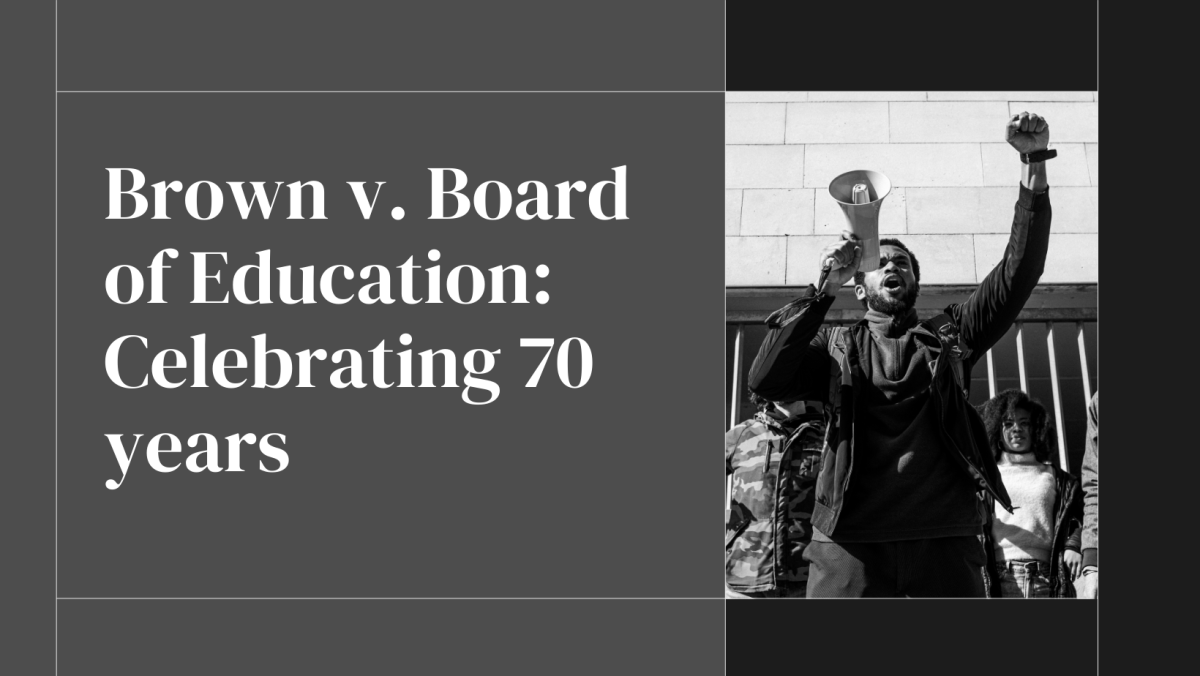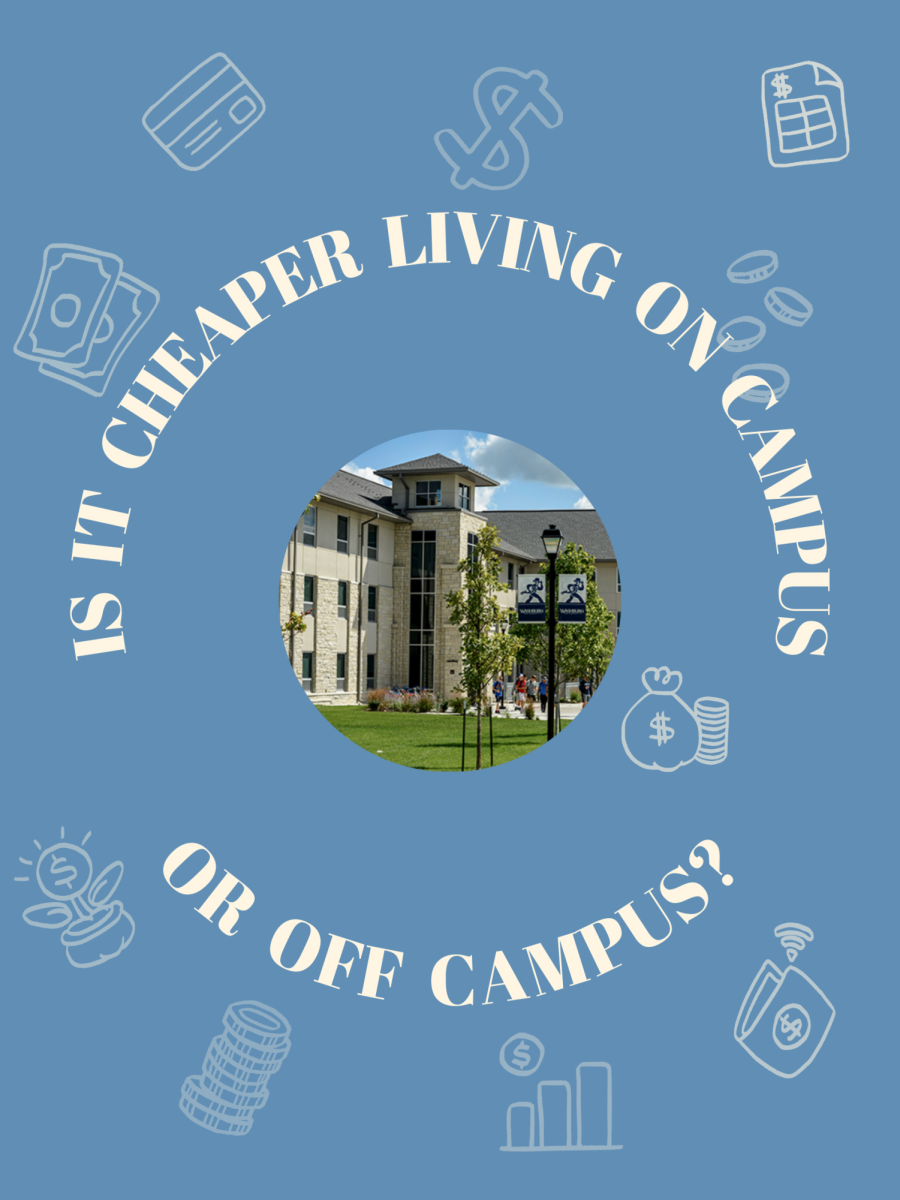Professors and students have a lot of communication, but it’s all about the students. It’s time students learn more about what it actually means to be a professor.
“I haven’t had free time. I don’t know what free time is,” said Kim Morse, professor of history. “The time commitment to do the job well, is significant.”
There are two main types of professors. There are professors who are on the track for tenure and those who aren’t.
To be tenured means that the professor has proved themselves worthy by being at the institution for numerous years and through service and research. Assistant professors are on the track for tenure but aren’t tenured just yet. Associate professors are the step above and they are tenured. If someone wants to go even further, they do more work to become a full professor.
“You’re justifying your existence in your job and why we should keep you forever, so it is a big deal,” Morse said.
Non-tenured professors are considered lecturers. People can either be a lecturer or work their way up to being a senior lecturer. There are also adjunct professors who are temporary professors who do not teach full time.
Adjuncts may have a full-time job at another establishment in addition to teaching a course at Washburn. Some might do it as an opportunity for pay while others want to teach.
“I started here at Washburn as an adjunct. For me, it’s 100% about wanting to teach, loving teaching and wanting to get your foot in the door,” said Liz Derrington, lecturer of English.
While some people might think professors have a lot of free time, they’d be mistaken.
“Anytime you’re not in class or preparing for class, you are doing research or further scholarly work in your discipline,” Derrington said.
Professors have a lot of responsibilities to their students, the institution and to themselves. They want their students to succeed but they are also trying to work on research and complete their own goals.
“It takes a lot more preparation to teach now compared to what it did when I started because we don’t just lecture anymore,” Morse said. “It takes a lot of work and it’s not just in the classroom. It’s all the hours outside the classroom.”
Even during summer, professors are working.
“We don’t get summers off. We’re usually doing something related to our jobs in the summers. It’s just not visible because we’re not in the classroom,” said Justin Moss, lecturer of philosophy.
Some professors believe that they put more work in than they get paid for.
“In the last couple of years, we’ve had some pretty nice raises. But that’s only because Washburn faculty across the board, we’re way behind national averages for what we do,” Morse said.
Although there’s still room to grow, in the last few months, more attention has been brought to this issue.
“They’ve [administration] been paying a lot of attention to salary and cost of living concerns. So, that’s been much appreciated from my colleagues and I,” Moss said.
Professors ultimately want their students to succeed. Being able to watch their students grow makes the job fulfilling for the faculty.
“That moment where you can see on a student’s face like ‘oh, I get what you’re saying,’ that’s a high you can’t duplicate anywhere else,” Derrington said.
Morse believes the best part about teaching is watching her students reach new heights for themselves.
“Students are thinking in complex ways, in ways they’d never dreamed that they could,” Morse said. “You guys can do so much more than you think you can. Then watching you figure that out, that’s the best.”
Moss likes how he gets to help students and do meaningful work. However, he also likes that he gets to spend his time discussing a subject he’s passionate about.
“I think the best part is that you can be a nerd about things you’re obsessed about and people pay you money for it. That’s amazing,” Moss said.
Derrington urges students to put themselves above all else.
“The one piece of advice I would give to my students is take care of yourself first. Everything else is negotiable,” Derrington said. “You only have one you. So, drink water, get sleep. Take care of yourself.”
College is an opportunity for students to grow, learn and experience a whole new world. However, they’re only here for a few years. Professors are at the university longer, and they are people too. They have lives outside of their work, and sometimes students forget that.
“We’re normal people. We’re not just professor-ing all the time. Sort of keeping in mind our shared humanity,” Moss said.
Professors have also dealt with negative comments on their course evaluations regarding things that aren’t related to their work, such as their appearances.
“Professors have to see that and that takes a real mental toll on people. I’m a white man so that doesn’t affect me very much, but I know it affects a lot of my colleagues,” Moss said. “That hurts and you can’t ignore those things because you have to read your evaluations.”
Despite the long hours and hard work that comes with being a professor, it’s all worth it because they get to help their students and see them reach places they didn’t think were possible.
“We believe in what Washburn does and what students can do. We wouldn’t be any place else,” Morse said. “No institution is perfect, but the commitment that Washburn has to student success really is unique.”
Take time to remember professors are also people trying their best. College can be stressful for both students and faculty.
Edited by Stuti Khadka and LeSha’ Davis











